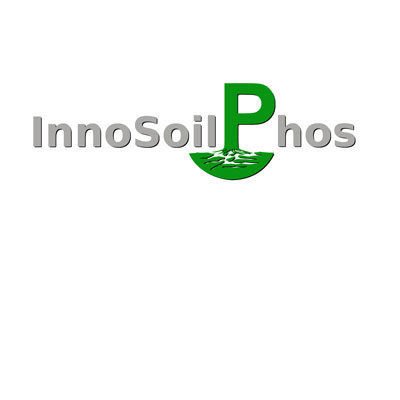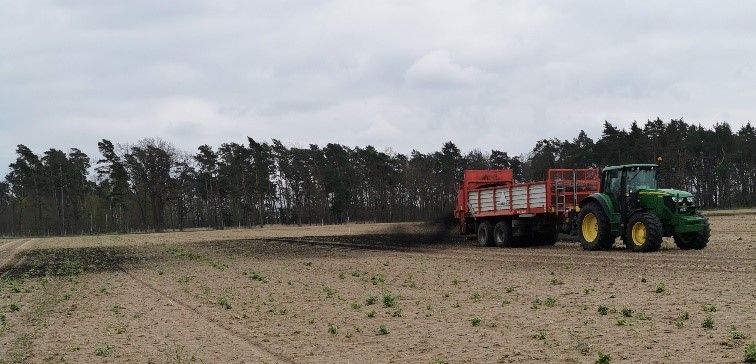Duration:
From Mar 1, 2015 until May 31, 2024
Target Groups:
soil research community,
wider research community,
biomass producers (farmers),
biomass processing sector,
policy makers,
administration and planners,
ngos,
civil society
About the Project:
How can the limited resource of phosphate be used more sparingly and efficiently in order to supply crops in arable farming with this main nutrient and avoid unwanted discharges into bodies of water? Investigations by the InnoSoilPhos consortium have provided new insights and practical solutions.
People and Partners
Project Leaders
Partner Organizations
-
University of Rostock
Contacts
News
- BonaRes/Rhizo4Bio Status Seminar on 14/15 March 2022
- Sustainable Phosphorus Management in European Agricultural and Environmental Law. Review of European, Comparative and International Law 2020
- Sustainability. Transformation, Governance, Ethics, Law
- Data Workshop in Rostock
- Glyphosate binding in soil as revealed by sorption experiments and quantum-chemical modeling
Publications
- Deciphering competitive interactions: Phosphate and organic matter binding on goethite through experimental and theoretical insights
- Soil structure and solute transport pathways in biogas digestate-amended soils
- Phosphorus removal from water using La-based absorbents: Insights into the impacts of crystal structure, surface area, and crystallinity on the removal efficiency and mechanisms
- Earthworm activities change phosphorus mobilization and uptake strategies in deep soil layers
- Using bone char as phosphate recycling fertiliser: an analysis of the new EU Fertilising Products Regulation


